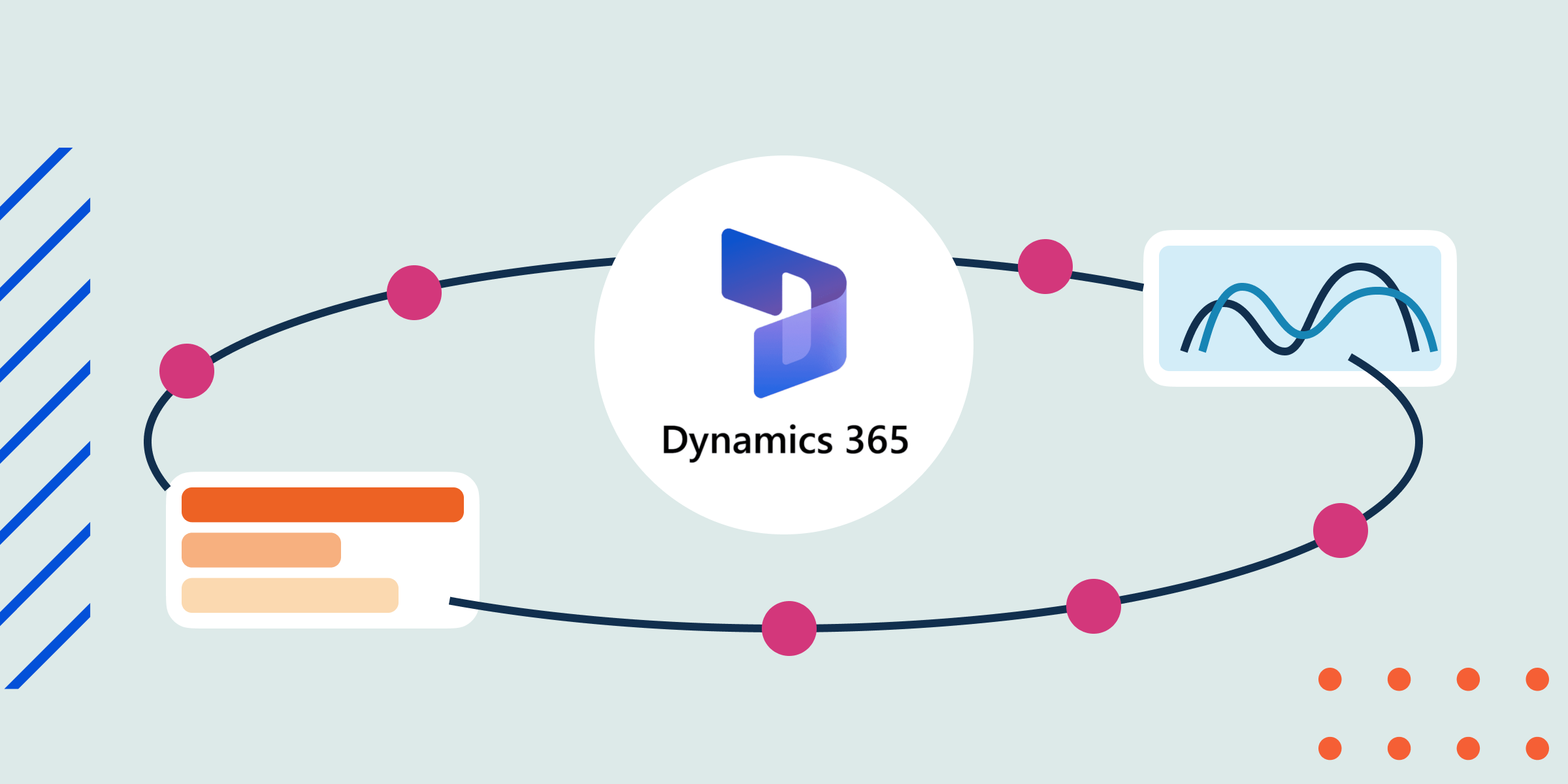Navigating the Digital Shift: How E-commerce and Mobile Apps Transform the Building Materials Sector

In today’s dynamic landscape, building materials companies are confronted with the ongoing challenge of effectively managing extensive product inventories to offer customers the most comprehensive range of products while maintaining a competitive edge. Through e-commerce, these companies are adopting innovative strategies for inventory management, customer engagement, and market adaptability.
Additionally, the complexity of customer-specific and quantity-based pricing within the sales process necessitates meticulous data management and alignment.
This article highlights the transformative impact of digital technology on the building materials industry, emphasizing the potential for growth and innovation in the digital era.
Summary
- Navigating Inventory and Pricing Complexities: Building materials companies manage extensive inventories and complex pricing, requiring efficient data management to maintain competitiveness amidst economic shifts influencing the construction sector.
- Personalized Customer Engagement: E-commerce solutions enable targeted marketing based on trends and preferences, significantly enhancing customer loyalty and increasing average order values through personalized promotions.
- Embracing Cloud for Growth: Transitioning to cloud-based technology offers scalability and efficiency for building materials companies, with the cloud eCommerce market expected to surge to $55.67 billion by 2027, enhancing operational flexibility and customer trust.
As the construction industry experiences a steady resurgence, the impact of the cost of living crisis and economic downturn significantly influences the purchasing decisions of both large and small building contractors, developers, and tradesmen. While price often plays a crucial role, factors like expertise and loyalty are increasingly influential, particularly within the trade counter experience.
Here lies an opportunity for building materials companies to confront these challenges head-on with the assistance of e-commerce and app solutions.
Leveraging Customer-Specific Marketing
The ability to reach customers remotely through out-of-the-box marketing functionality enables a personalized experience by delivering targeted messages based on various factors such as seasonal trends, new product launches, and individual buyer preferences. This personalized approach, coupled with the capability to offer promotions and related products, has resulted in notable increases in average order values for many merchants.

Personalized marketing strategies have been shown to significantly influence consumer behavior, leading to increased customer engagement and loyalty. For instance, organizations focusing on personalized messaging can expect 16% more impact on commercial outcomes compared to those that do not, highlighting the effectiveness of customization in enhancing customer relationships and driving sales.
Streamlining Data Management
Central to the success of e-commerce solutions is the effective sourcing and management of customer information. Given the inherent complexities of B2B eCommerce, including customer-specific pricing and inventory management, merchants often grapple with multiple technology platforms such as ERP systems and back-office solutions. This fragmented approach can lead to data duplication, inaccuracies, and resource-intensive manual processes. However, an e-commerce solution that seamlessly integrates with back-office systems and ERP offers a unified source of information, thereby streamlining operations and driving significant efficiency savings.
Embracing Cloud-Based Technology
The transition to cloud-based technology presents builders’ merchants with unparalleled scalability and growth opportunities. By leveraging cloud-based e-commerce solutions, merchants can easily manage operations across multiple stores, ensuring accessibility, flexibility, and robust security protocols.
The cloud-based e-commerce sector is experiencing significant growth, with the market valued at $12.32 billion in 2019. It’s anticipated to expand to $55.67 billion by 2027, marking a Compound Annual Growth Rate (CAGR) of 20.8% throughout the forecast period. This shift not only enhances operational efficiency but also instills confidence in customers through resilient and reliable service delivery.
Post-Pandemic Growth and Adaptation
The COVID-19 pandemic has led to a surge in e-commerce and accelerated digital transformation, with global retail e-commerce sales rising from 14% in 2019 to about 17% in 2020. Contrary to misconceptions, e-commerce doesn’t signify the demise of face-to-face interactions but rather augments them. The COVID-19 pandemic underscored the importance of digital channels, prompting many industries to embrace online trade seamlessly. Click & collect services emerged as a critical lifeline during lockdowns, highlighting the importance of hybrid sales models that blend online convenience with in-store experiences.
The past two years have exposed both challenges and opportunities for businesses across various sectors. For the building materials sector, eCommerce represents a pivotal tool to propel industry advancement, offering agility, efficiency, and enhanced customer experiences. As the industry evolves, embracing digital solutions will be key to navigating the shifting landscape and driving sustained growth.


